Israel announced this week that it had intercepted a ship carrying Syrian-made rockets from Iran to Palestinian militants in the Gaza Strip. Tehran immediately denied that is was behind the shipment, with the country’s foreign minister calling the Israeli accusations the “same failed lies.”
The Israel Defense Forces (IDF) said Wednesday that it had found rockets on a Panamanian-flagged vessel that it had tracked for several months and seized in the Red Sea off the coast of Sudan. Dozens of M-302 rockets, which have a range of 93 to 124 miles, were found on the ship, called the Klos-C, according to Israeli military spokesman Brigadier-General Moti Almoz.
“The ship may be carrying other weapons as well, but we can only know this when it reaches Eilat,” Almoz said.
In a detailed post about the seizure on the Israeli military’s website, the IDF said the weapons shipment had begun in Damascus, where it had been flown to Tehran and then taken to the southern Iranian port city of Bandar Abbas and loaded onto the Klos-C. From there, the Klos-C headed to the Iraqi port city of Umm Qasr, where containers of cement were added, before the vessel sailed around the coast of the Arabian Peninsula, through the Gulf of Aden and into the Red Sea, where it was intercepted by the Israeli navy on March 5.
The ship, whose 17-member crew was apparently unaware of the vessels elicit cargo, was headed for Port Sudan, according to the post on the military’s website.
Israel accused Iran, a longtime enemy of the Jewish state that supports militant groups in the Palestinian territories and Hezbollah in Lebanon, of being behind the shipment of rockets, which included “numerous advanced weapons,” according to the military’s website. “There is clear and unequivocal information that this came from Iran,” Almoz, the military spokesman, said.
On March 6, Iran denied that it was involved in the shipment, with Foreign Minister Mohammad Javad Zarif accusing Israel of concocting the story “just in time” for the annual conference of AIPAC, a powerful pro-Israeli American lobbying group. “An Iranian ship carrying arms for Gaza,” Zarif said in a Twitter post. “Captured just in time for annual AIPAC anti-Iran campaign. Amazing Coincidence! Or same failed lies.”
Hamas, an armed Palestinian Islamist group that has ruled the Gaza Strip since 2007, denied any connection to the shipment, with a spokesman for the organization characterizing the Israeli accusations about Iranian weapons shipments to Gaza as a “silly joke.”
Hamas contends that it has not fired any rockets at Israel since a ceasefire between the militant Islamist group and the Jewish state came into fruition in 2012. Israel says that more than 60 rockets have been fired from the densely populated and impoverished coastal enclave since the beginning of the year and holds Hamas responsible for rocket attacks launched by other Gaza-based militant groups.
Israel captured the Gaza Strip, along with the Sinai Peninsula, from Egypt in the 1967 Six Day War, when the Jewish state also seized the Golan Heights from Syria and the West Bank and East Jerusalem from Jordan. Israel returned the Sinai Peninsula to Egypt in 1982 and withdrew from Gaza in 2007, but continues to occupy the West Bank and East Jerusalem, home to more than 100 Jewish settlements that are viewed as illegal under international law. In 2005, Hamas seized control of Gaza after beating Palestinian Authority security forces dominated by Fatah, the secular Palestinian faction supported by the west, in a brief war.
– Eric Erdahl
Sources: BBC, Israel Defense Forces, Twitter
Photo: The Malaysian
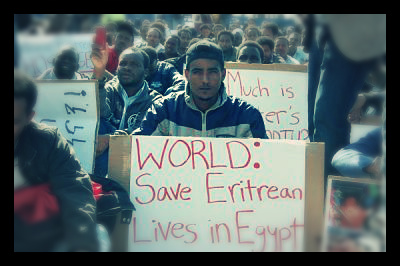
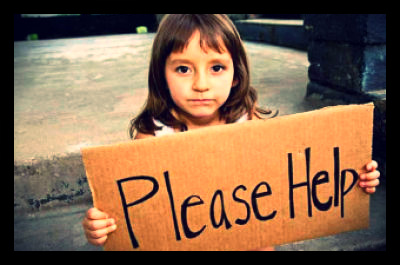


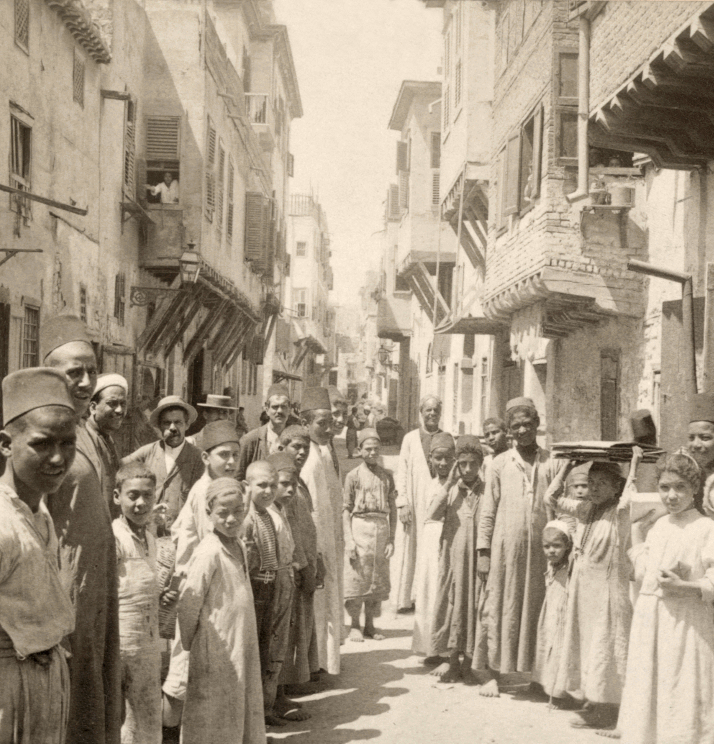
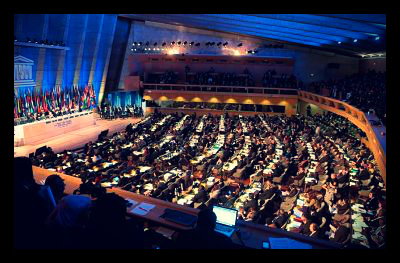

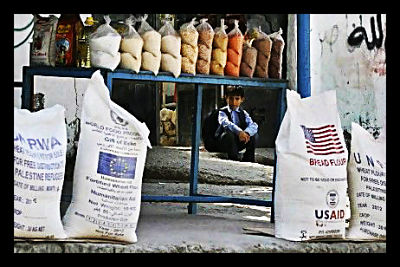
 A study by the Organization for Economic Cooperation and Development (OECD) reported that out of 34 developed countries, Israel has the
A study by the Organization for Economic Cooperation and Development (OECD) reported that out of 34 developed countries, Israel has the 